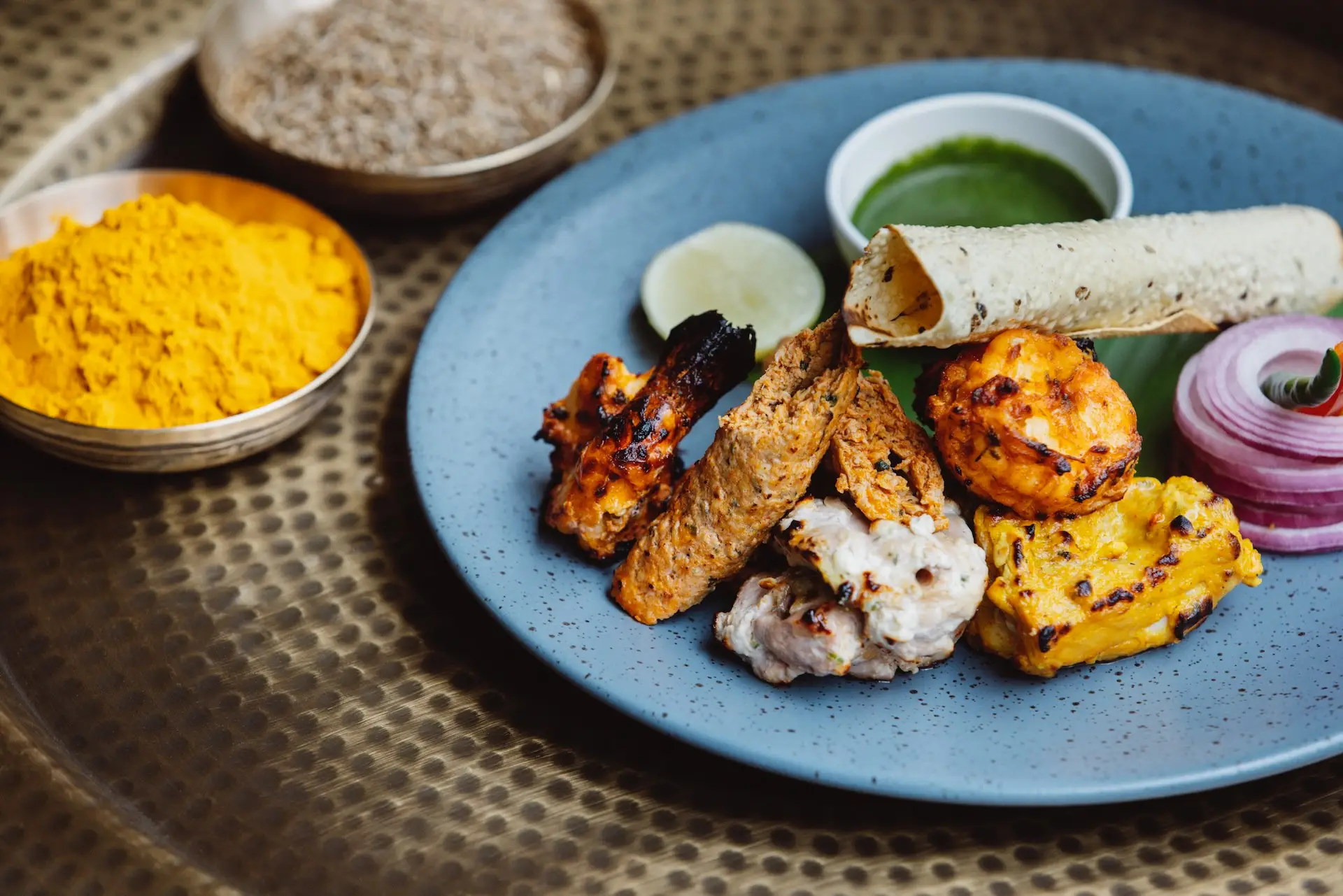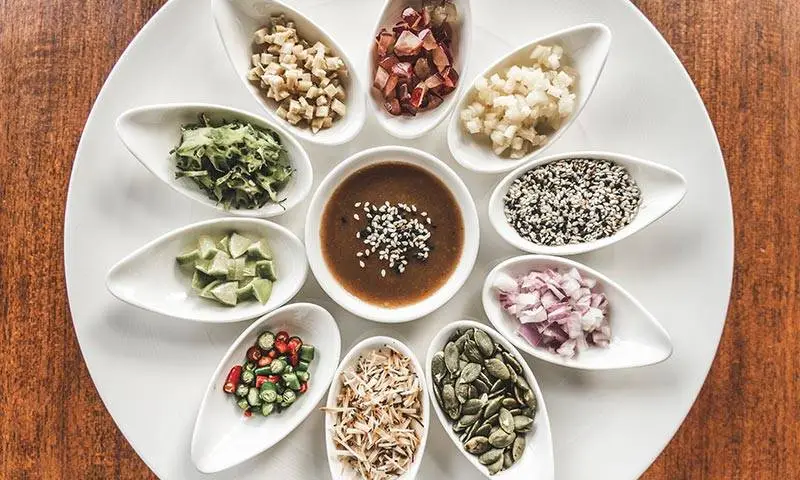The adage “Let food be thy medicine, and let medicine be thy food,” often attributed to Hippocrates, the father of Western medicine, encapsulates a timeless truth about the profound relationship between diet and health. While recent scholarship suggests that Hippocrates may never have uttered these exact words, the essence of the statement resonates more powerfully today than ever before. This phrase underscores the importance of nutrition in preventing and treating illness, a concept deeply rooted in ancient practices and increasingly validated by modern science.
Ancient Beliefs and Practices
Hippocrates and Ancient Greece
Even if Hippocrates did not coin the famous phrase, his teachings laid the foundation for the idea that diet and health are intrinsically linked. Hippocrates believed that many diseases could be prevented or treated through proper nutrition and lifestyle choices. He advocated for a balanced diet, physical exercise, and the use of natural remedies, emphasising the body’s natural ability to heal itself when supported by the right foods and habits.

Traditional Chinese Medicine (TCM)
In Traditional Chinese Medicine (TCM), food is seen as a form of medicine that can help maintain balance and harmony within the body. TCM classifies foods based on their energetic properties—such as warming or cooling—and their effects on the body’s organs and systems. Practitioners use food therapy to treat various ailments, recommending specific foods to restore balance and promote health. For example, ginger is used to warm the body and improve digestion, while chrysanthemum tea is believed to cool the body and alleviate headaches.
Ayurveda
Ayurveda, the ancient Indian system of medicine, also places significant emphasis on diet. According to Ayurvedic principles, food is not only nourishment but also a key factor in maintaining health and preventing disease. Ayurveda categorises foods based on their taste, energy, and post-digestive effects, and recommends dietary practices tailored to an individual’s dosha (constitution). Spices like turmeric and cumin are used not just for flavour but for their medicinal properties, aiding in digestion, reducing inflammation, and boosting immunity.

Modern Science Validates Ancient Wisdom
Advancements in nutritional science have increasingly validated the ancient wisdom that food can be a powerful tool for maintaining health and preventing disease. Here are several ways modern science supports the idea that food can indeed be medicine:
Nutrient-Dense Diets and Chronic Disease Prevention
A growing body of research highlights the role of nutrient-dense diets in preventing chronic diseases. Diets rich in fruits, vegetables, whole grains, lean proteins, and healthy fats provide essential vitamins, minerals, and antioxidants that support overall health. Studies have shown that such diets can reduce the risk of cardiovascular disease, diabetes, certain cancers, and other chronic conditions.

The Role of Phytochemicals
Phytochemicals, naturally occurring compounds found in plants, have been shown to have numerous health benefits. For example, flavonoids in fruits and vegetables have anti-inflammatory and antioxidant properties, while glucosinolates in cruciferous vegetables like broccoli and kale have been linked to cancer prevention. Modern science continues to uncover the complex interactions between these compounds and human health, demonstrating the profound impact of a plant-based diet.
Gut Health and the Microbiome
Recent research into the human microbiome—the trillions of microorganisms living in our intestines—has revolutionised our understanding of the relationship between diet and health. A diverse and balanced microbiome is essential for digestion, immune function, and even mental health. Foods rich in fibre, such as fruits, vegetables, and whole grains, promote a healthy microbiome, while fermented foods like yogurt, kefir, and sauerkraut provide beneficial probiotics.
Functional Foods and Nutraceuticals
The concept of functional foods and nutraceuticals bridges the gap between nutrition and medicine. Functional foods are those that provide health benefits beyond basic nutrition, such as omega-3 fatty acids in fish, which support heart health, or probiotics in yogurt, which aid digestion. Nutraceuticals, a term combining “nutrition” and “pharmaceuticals,” refer to foods or food products that have medicinal effects. Examples include curcumin from turmeric, which has anti-inflammatory properties, and resveratrol from red wine, which has been linked to heart health.
Practical Applications: Letting Food Be Thy Medicine
Adopting a Whole-Foods Diet
One of the most effective ways to harness the medicinal power of food is by adopting a whole-foods diet. This involves choosing minimally processed foods, rich in nutrients and free from artificial additives. Emphasising fruits, vegetables, whole grains, nuts, seeds, and lean proteins can provide the body with the essential nutrients needed for optimal health.

Incorporating Medicinal Spices and Herbs
Many culinary spices and herbs have medicinal properties that can be easily incorporated into daily meals. Turmeric, ginger, garlic, and cinnamon, for instance, have anti-inflammatory and antioxidant effects. Including these in your cooking not only enhances flavour but also boosts health.
Personalised Nutrition
Just as ancient practices like Ayurveda and TCM tailor dietary recommendations to the individual, modern nutrition science recognises the importance of personalised nutrition. Genetic differences, lifestyle, and health status all influence nutritional needs. Consulting with a healthcare provider or nutritionist can help create a personalised eating plan that aligns with individual health goals and conditions.
Mindful Eating
Mindful eating practices, which involve paying attention to the sensory experience of eating and listening to the body’s hunger and fullness cues, can improve digestion and foster a healthier relationship with food. This approach encourages eating with intention and appreciation, which can enhance the body’s ability to absorb and utilise nutrients.

Conclusion
The concept of “Let food be thy medicine” holds a timeless truth that resonates with both ancient wisdom and modern science. As we navigate the complexities of contemporary life, embracing this philosophy can guide us toward better health and wellbeing. By recognising the profound impact of diet on our bodies and minds, we can make informed choices that support long-term health. Let us honour the wisdom of the past, embrace the insights of modern science, and let food truly be our medicine.

















